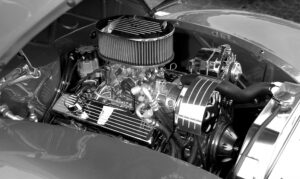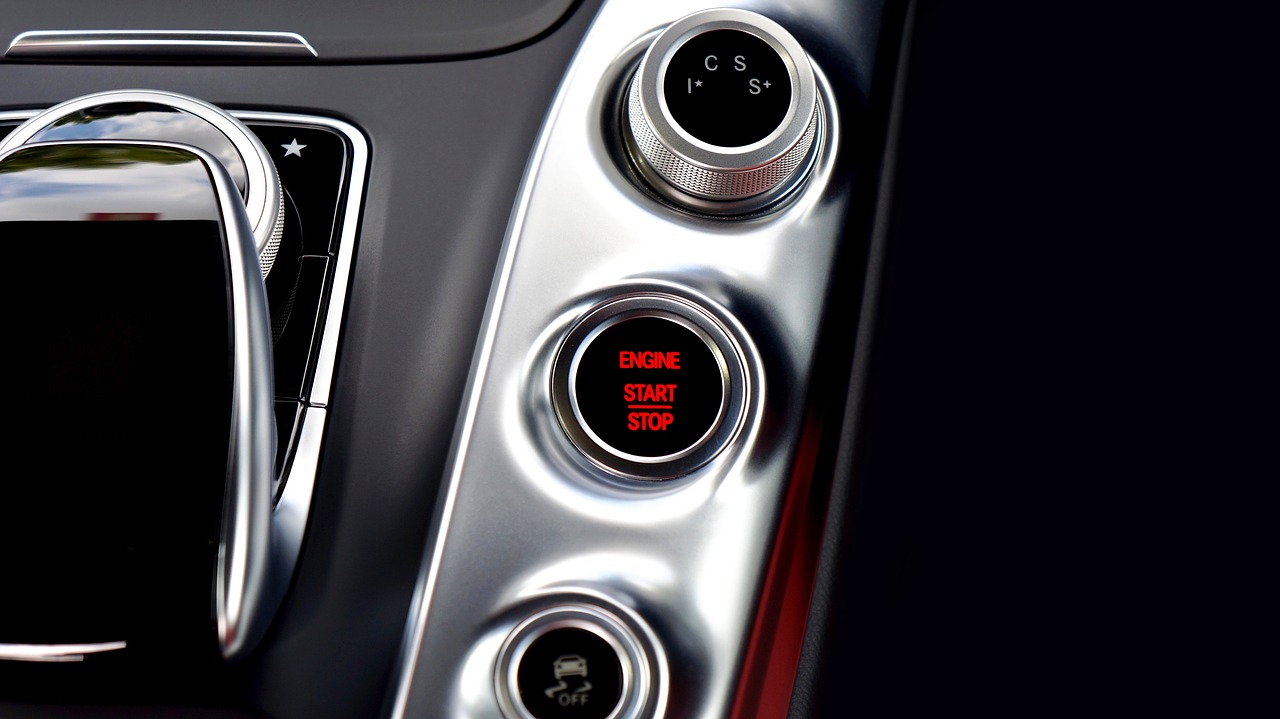Engine turning over a bit slow lately? Happens a lot here in Hamilton. You jump in your Toyota Corolla or maybe your old Mazda Demio before shooting up River Road, and suddenly you’re sitting there, turning the key—engine groans but won’t fire up straight away. Bit of a panic, especially if you’re running late or there’s rain pouring down outside. Feels like it always happens at the worst time, right? Let’s have a yarn about what’s going on under your bonnet, why your car’s slow to start, and what you can do about it.
What’s Actually Going On Inside Your Engine?
So, the engine’s like the heart of your car—without it beating, you’re not getting from Frankton to Cambridge any time soon. Basically, your engine takes the bang from burning fuel, turns that into motion, and that’s what drives the wheels. Every bit’s got to pull its weight; doesn’t matter if you’ve got a Honda Fit, Subaru Forester or even something like a Peugeot 308—you need all parts working together, especially with the stop-start of Hamilton traffic and those potholes out by Rototuna.

A car struggling to run could be due to a bigger problem, make sure you always have your engine checked.
Why’s My Engine Slow to Turn Over?
Fair few reasons, to be honest. We see it all the time, whether it’s a Suzuki Swift from Dinsdale or a lady bringing in her Nissan Leaf from Tamahere, and it usually comes down to a handful of common culprits:
Dodgy Wiring
If the main starter wires aren’t up to scratch—could be corroded, loose, or just filthy—it can make your engine sluggish on the turn. Sometimes all it takes is a good clean, other times you need new wires. Had a bloke last week with a Mercedes-Benz A Class—wires looked like they’d had a late-night swim up in Ngaruawahia!
Weak Battery
Batteries don’t last forever, especially with our frosty Hamilton winters. Struggles in the cold, slow to kick over after a stop at Te Rapa straight. If your starter’s making dull sounds or it’s going flat fast, it’s probably time to get it tested. Don’t wait—flat batteries leave you stuck at the Pak’n Save car park.
Starter Motor’s On Its Last Legs
Doesn’t matter if you’ve got a Ford Ranger or an old Daihatsu Sirion—we’ve seen plenty where the starter just wears out. Car tries, but nothing happens. Most likely, you’ll need a new starter and you’re back in business.
Charging System’s Not Doing Its Job
Not always just the battery—sometimes your alternator’s crook, or the electronics are playing up. Had a customer drive all the way in from Matangi in her Volvo, turns out the alternator was poked. If the battery’s not getting juice, the whole thing falls flat. If you’re not sure what’s up, best get your system checked by a specialist. Especially true for hybrids and Euro cars, which can be a bit more picky in the electrics.
Oh, and if it’s a chilly Hamilton morning, the engine oil gets thick as honey. Needs a bit of warmth to get going, so you might notice it’s just slower to crank in winter than out on a hot summer day shooting down State Highway 3.
Why You Shouldn’t Ignore a Slow Start
Easy to think “She’ll be right” and just hope it starts next time, but nah, that slow crank is your car trying to tell you something’s up. Could mean your next trip out to Morrinsville is cut a bit short if you ignore it. Better to sort it and stay safe on the road. Plus, fixing a small issue now saves a heap of cost and hassle later—nobody likes surprise breakdowns when you’re meant to pick the kids up in Glenview.
If your engine’s slow to turn over, or you’re just not sure, pop by Grimmer Motors for a yarn and a proper check. Our techs will get you sorted, let you know what’s happening, and help you dodge any future dramas.

